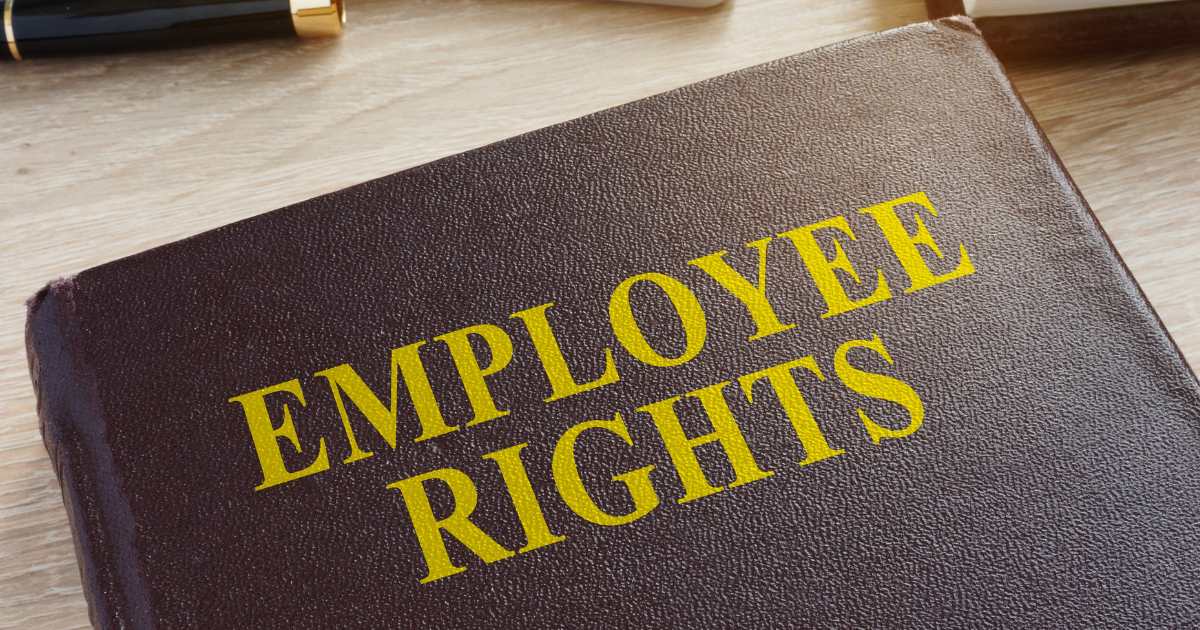As a small business owner, you need to know employee rights. As an employee, it’s vital that you know what rights you have in the workplace. Thankfully, we’ve compiled answers to some frequently asked questions about employee rights.
Employee rights are the legal appropriations an employee has in the workplace. These rights are designed to ensure that there are safe working conditions, fair treatment and respect for employee’s dignity and well-being
In South Africa, employee rights are overseen by the Basic Conditions of Employment Act (BCEA).
Let’s explore some of the frequently asked questions (FAQs) about employee rights.
What Can Be Done About an Employer that Refuses to Pay a Salary after the Employee Resigned?
The Basic Conditions of Employment Act allows deductions from salary for debt and damages to the employer under certain circumstances. The employee must agree to these deductions.
If an employer refuses to pay salary, that is a breach of contract under the BCEA. If the employee gets a salary below the income point a complaint can be put in with the Department of Labour.
Otherwise, the employee has a civil claim or can refer a dispute to the Commission for Conciliation, Mediation and Arbitration (CCMA) in terms of the Act.
What is Notice Pay?
A notice pays the money an employer can pay to an employee in the event of the employee’s service being terminated. This action is regulated by contract and by section 37 of the BCEA.
The notice pay is one to six months or less; two weeks for six months to a year and one month if the employee has been working at the company for over a year.
What is Remuneration and How is it Calculated?
The BCEA says that remuneration is any money paid or owed to a person in return for that person working for the employer.
This payment usually includes benefits paid to the person over and above their basic salary.
If I am Listed as a Casual Worker and Have no Employment Contract, am I Entitled to Some Benefits?
Under the BCEA and the Labour Relations Act (LRA), all employees are entitled to some benefits. Being a casual worker does not protect the employer from getting in trouble with the law.
Contact the Department of Employment and Labour for more information and to get help.
Can a Senior Manager Claim Overtime?
Senior managers are excluded from Chapter 2 of the BCEA section 6. If you are a senior manager, you cannot claim overtime unless previously agreed upon contractually.
What is Unfair Discrimination?
Section 6 of the BCEA outlines what unfair discrimination is. The section says that an employer may not discriminate against an employee under any circumstances such as race, gender, disability etc.
Do all Impairments Count as Disabilities?
No, impairments which can be corrected such as hearing aids and glasses do not count as disabilities. For an impairment to count as a disability, it must be recurring for over a year and must limit the employee’s chances of entering employment or being promoted.
Note: HIV and diabetes do not count as disabilities.
Can an Employer Withhold a Certificate of Service Until the Employee has Paid his Debt?
A certificate of service is proof of employment. Section 42 of the BCEA does not allow for an employer to not give an employee a certificate of service.
Is a Domestic Worker Covered by the Basic Conditions of Employment Act?
If a domestic worker or gardener works for more than 24 hours per month, they are covered by all the sections of the Act.
If an Employee Resigns from a Job with Immediate Effect, Can the Employer Refuse the Resignation and Withhold Pay?
In this case, an employer cannot refuse the resignation. If they do, it is forced labour which goes against the BCEA. However, if the employee does not give notice of resignation as agreed up in the contract, the employer may have a civil claim against the employee for breach of contract.
What Procedure Must an Employer Follow If They Are to Give an Employee Notice of a Disciplinary Hearing?
In this case, the employer must follow the disciplinary code within the company. If they do not have one, they must follow schedule 8 of the LRA.
The Act states that a minimum of 48 hours must be given, and the employee must be told what the charges are against them in sufficient detail.
If you need to find out more beyond these employee rights FAQs, read through our employee rights guide. You can also book an appointment with one of our experts, to help you comply with all labour laws.

















%20(2)%20(1).jpg)


Discussion about this post